The end may justify the means as long as there is something that justifies the end
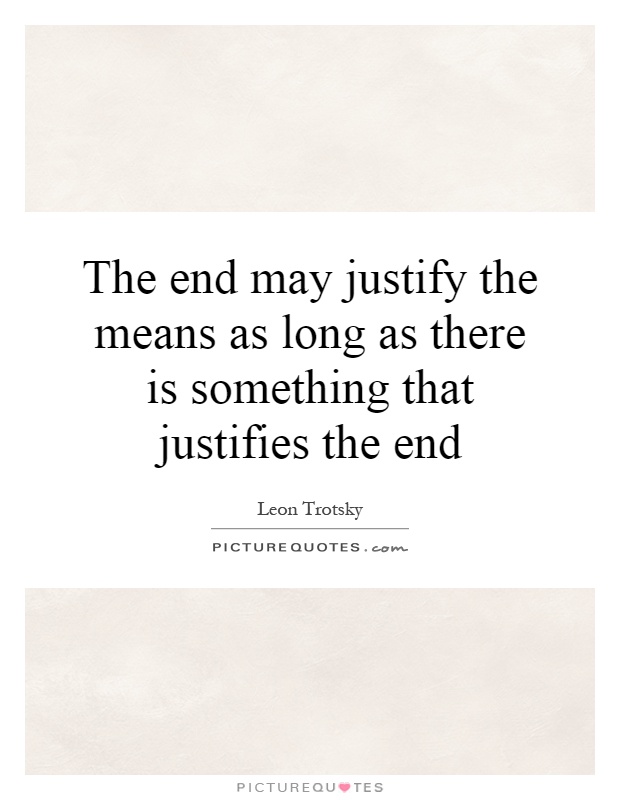
The end may justify the means as long as there is something that justifies the end
Leon Trotsky, a key figure in the Russian Revolution and a prominent leader in the early Soviet Union, is often associated with the idea that "the end may justify the means as long as there is something that justifies the end." This quote reflects Trotsky's belief in the necessity of using any means necessary to achieve a desired outcome, as long as the end goal is justified by a greater cause.Throughout his political career, Trotsky was known for his revolutionary tactics and willingness to use force to achieve his goals. He believed that in order to bring about a socialist revolution, it was necessary to use whatever means were available, including violence and coercion. Trotsky famously said, "You may not be interested in war, but war is interested in you," highlighting his belief that sometimes conflict and struggle are necessary in order to achieve a greater good.
One of the most controversial aspects of Trotsky's philosophy was his advocacy for the use of violence in pursuit of revolutionary change. He believed that the end goal of creating a socialist society justified the use of force and coercion to overthrow the existing capitalist system. Trotsky's belief in the necessity of using any means necessary to achieve his goals was reflected in his leadership of the Red Army during the Russian Civil War, where he employed ruthless tactics to defeat his enemies and secure the Bolsheviks' hold on power.
However, Trotsky's willingness to use violence and coercion in pursuit of his goals also led to criticism from his opponents, who accused him of being authoritarian and ruthless. His role in the suppression of the Kronstadt rebellion in 1921, where he ordered the Red Army to crush a mutiny by sailors who were demanding greater political freedoms, is often cited as evidence of his willingness to use brutal tactics to maintain power.
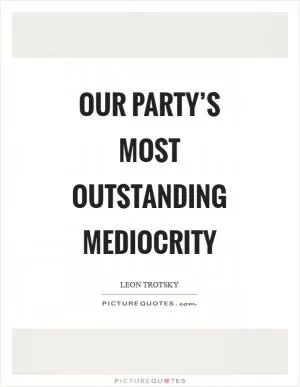

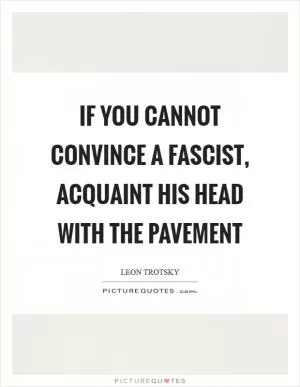





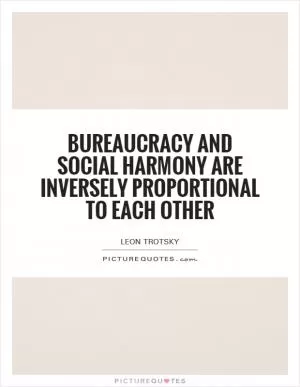


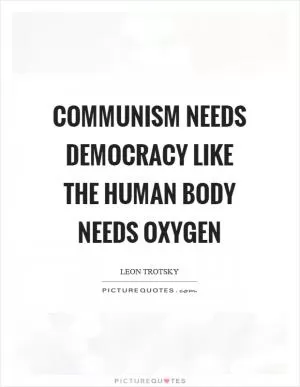
 Friendship Quotes
Friendship Quotes Love Quotes
Love Quotes Life Quotes
Life Quotes Funny Quotes
Funny Quotes Motivational Quotes
Motivational Quotes Inspirational Quotes
Inspirational Quotes